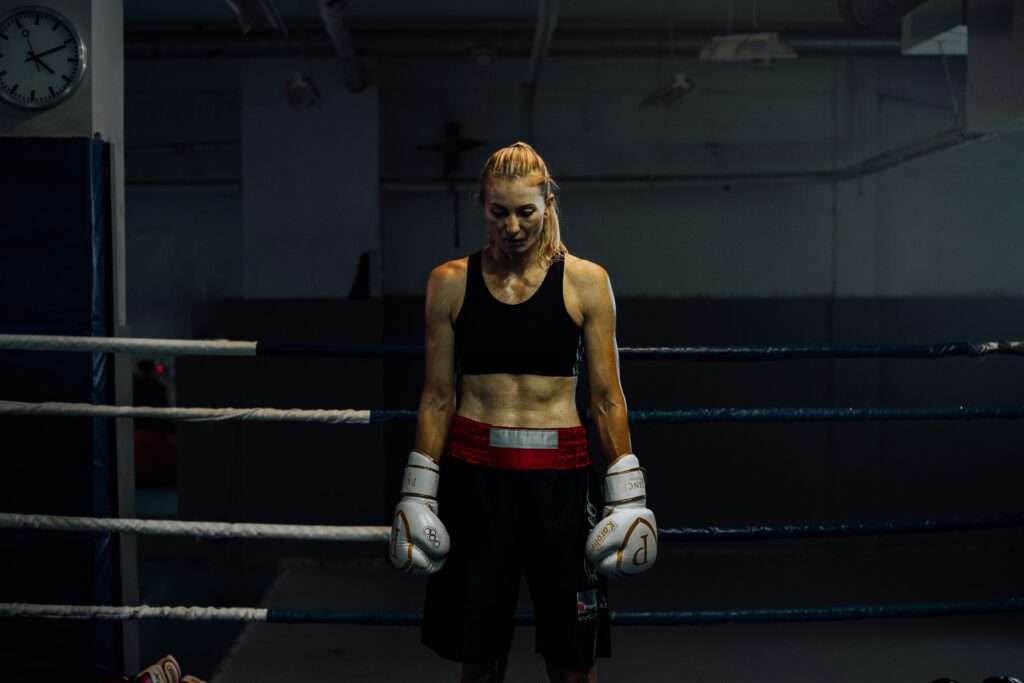
By any metric of historical progress, we live in extraordinary times. We have antibiotics, clean water, and global communication in the palm of our hands. Compared to our ancestors who battled famine, disease, and war as a daily rhythm of life, our modern world is plush with safety nets and creature comforts. And yet, despite all that, a puzzling question lingers across our headlines and neighborhoods:
why are so many people seemingly incapable of adapting to life’s basic challenges?
Look closely at the underside of our society and you’ll see what often goes unnamed in polite conversation. A growing segment of the population is chronically dependent; on government aid, on substances, on others to take responsibility for their decisions.
Hypo-agency, the term some sociologists use to describe the inability or refusal to act in one’s own interest, seems to be spreading. Crime persists not just from opportunism, but from resignation. Productivity lags not from laziness alone, but from a profound sense of disorientation. A large number of people are simply unmoored from the instincts that once kept humanity moving forward.
What happened?
One answer points toward the erosion of challenge. For decades, modern parenting, education, and policy have quietly embraced the idea that discomfort is dangerous and must be avoided. But what if discomfort was never the enemy? What if, in trying to eliminate hardship, we also eliminated the necessary friction that produces strength?
The human brain is a problem-solving machine. Left unused, its gears rust. Faced with constant external scaffolding (participation trophies, debt deferral, endless therapy language applied to ordinary setbacks) many people have lost the ability to struggle productively. Struggle, after all, is not failure. It is the crucible in which strength and fortitude are forged.
To suggest this out loud risks sounding cruel. Nobody wants to seem indifferent to suffering. But a sobering reality remains: many of today’s chronic problems are not caused by a lack of help, but by an excess of it, delivered in the wrong way. Instead of nurturing grit, we’ve nurtured fragility. Instead of asking whether someone can rise to the occasion, we ask how we can make the occasion easier.
Is this compassion, or is it something more insidious? Are we, in our well-intentioned efforts to be kind, actually stunting people’s growth? Survival of the fittest has long been misused as a cold, Darwinian dismissal of the weak, but in truth, it simply reflects the reality that all living things face: the need to adapt. The lion does not survive simply because it is the strongest animal on the plain. It survives because it changes when its environment changes. Humanity is no different.
This is not a call to throw people to the wolves. It is a plea to stop sedating them into helplessness. Real compassion means empowering people to endure and to overcome. It means restoring the expectation that, while help is available, effort is required. It means remembering that life does not come with a user manual and that part of being human is figuring it out as you go.
Some of our most vital public debates (on education, welfare, criminal justice, even mental health) would shift dramatically if we recentered them on the idea of adaptation. Are we preparing people to live in reality, or protecting them from it? Are we encouraging responsibility, or coddling avoidance? Are we training fortitude, or rewarding apathy?
The truth is, there are people all around us who are living proof that adaptability is still possible. Immigrants who arrive with nothing and build a life from scratch. Recovering addicts who claw their way out of darkness. Single parents who juggle brutal schedules to hold their families together. They aren’t superhuman. They simply weren’t allowed to give up. The stakes were too high.
In contrast, much of our culture has normalized a slow surrender. The pandemic, for instance, did not create a mental health crisis so much as reveal how few of us had the inner muscles to weather prolonged uncertainty. Instead of encouraging one another to find meaning and strength, we reached for easy fixes and softer pillows.
This is the hard truth: not everyone makes it. Not everyone wants to. And while it is humane to care for the vulnerable, it is dangerous to build a society where vulnerability is a permanent state of being. We should be teaching our children how to fall and get back up, not how to lie on the ground until someone carries them.
Adapt or die. The phrase is brutal, but nature doesn’t care about fairness, and time will not stop for us to catch up. The great challenge ahead is not how we can protect people from life, but how we can once again teach them to live it.
Join us in making the world a better place – you’ll be glad that you did. Cheers friends.